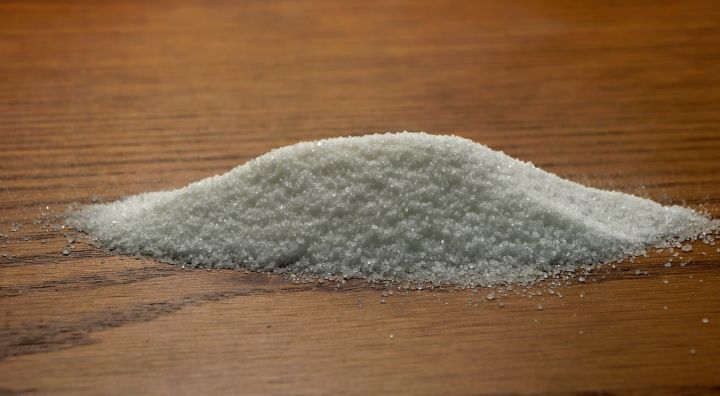Medical Notes: Week of April 1, 2018
How PFCs affect weight gain, women are more likely to bully other women, and what is more important for longevity exercise or the occasional drink?


How PFCs affect weight gain, women are more likely to bully other women, and what is more important for longevity exercise or the occasional drink?

Studies show that a large proportion of college students are at least occasionally “drunkorexic,” avoiding food when they know they’ll be drinking later in order to get a better buzz or to keep from gaining weight.

A new test for the BRCA1 and BRCA2 genes, treatment for colicky babies, and the long-term effect of letting kids under age twelve try alcohol.

Scientists are learning the specific workings of the brain when it is addicted to a substance or behavior, and showing that all addictions are similar.

Researchers explain experiments on animals with a new treatment that could eliminate fetal alcohol syndrome, perhaps even after birth.

The number of college students binge drinking is dropping, the physical and mental demands of staying healthy, and sweating less if you have a tattoo.

Pot smoking among pregnant teens, lead poisoning from target practice, painkiller abuse, and employees who work from home work longer hours.

As St. Patrick’s Day approaches an expert discusses why hangovers occur and what might work to prevent them and recover from them.

New science has discovered that certain personality types are predictably predisposed to addiction risk, and that educational efforts can be targeted to them effectively.

Government researchers and auto companies are developing a device called DADSS (Driver Alcohol Detection System for Safety) that can inobtrusively test whether a person is drunk as he attempts to start his car. If so, DADDS makes the car inoperable. Experts explain how it will work and debate some of the issues surrounding its possible rollout.

Newly-invented powdered alcohol is entering the market, but some experts and legislators believe it should be banned because it's likely to be abused by teens. Experts, the product's inventor and legislators discuss.

Experts explain the brain chemistry of food addiction, how it is virtually identical to the chemistry of drug addiction and alcoholism, and what it means for the nation's fight against obesity.
Subscribe to get the latest from Radio Health Journal directly in your inbox.

